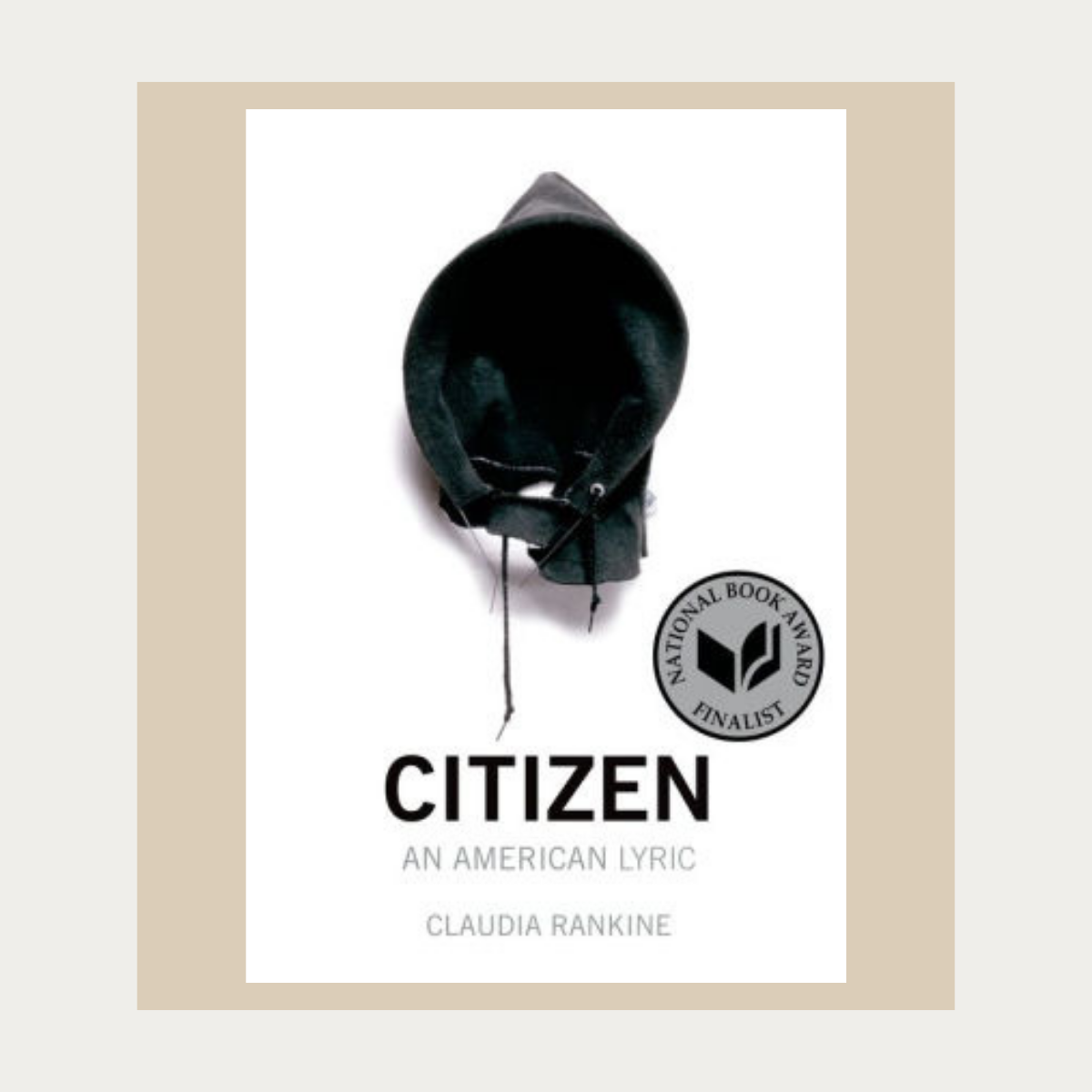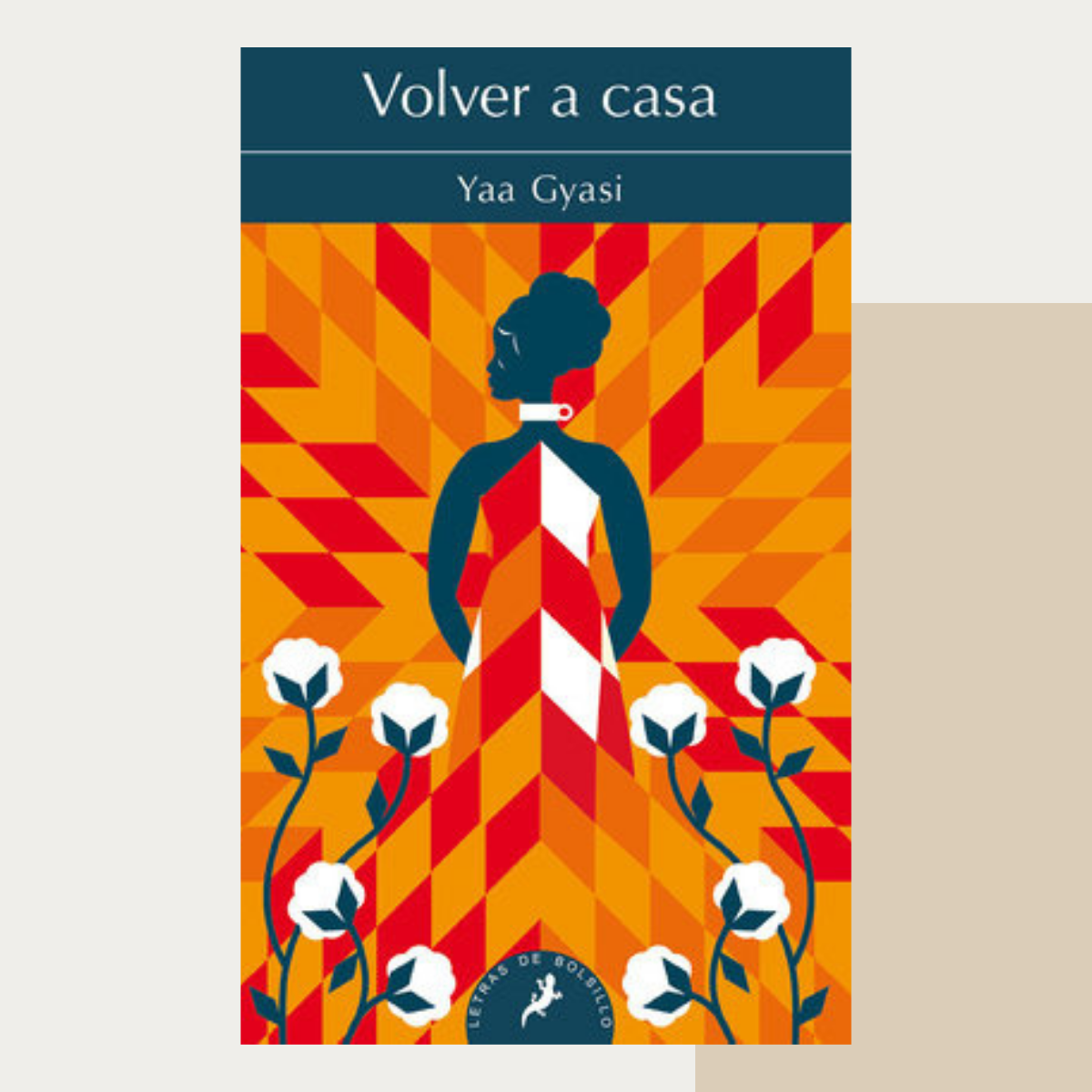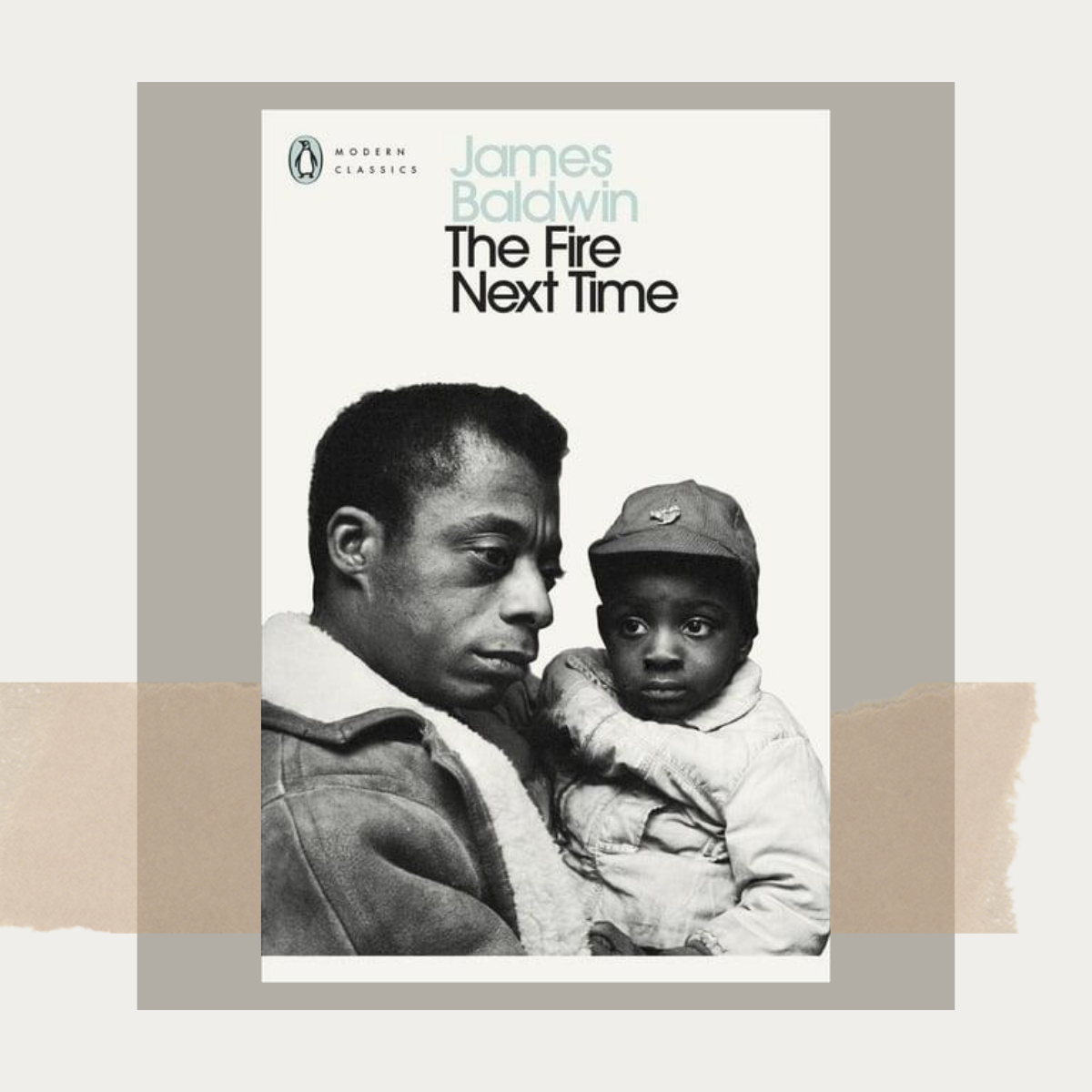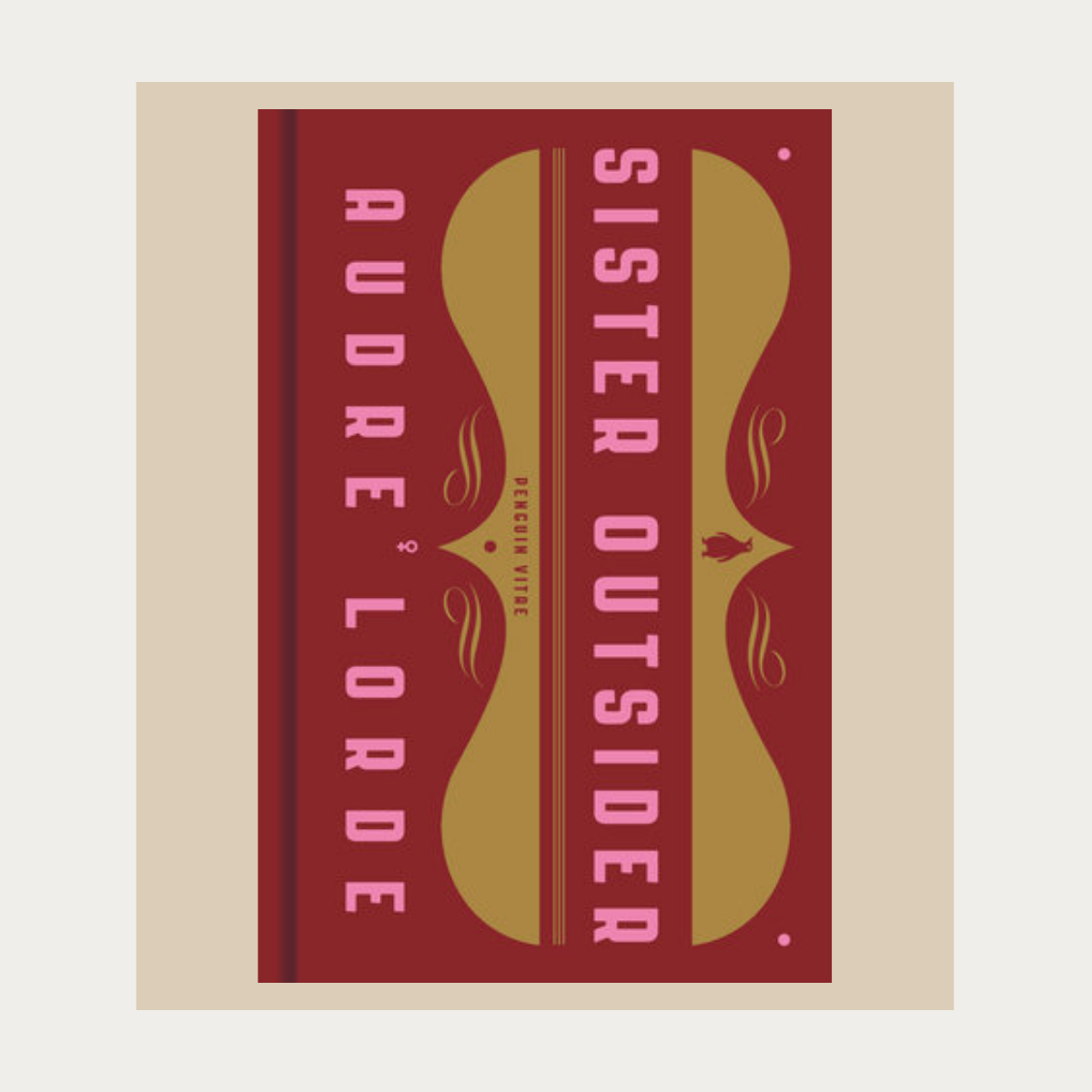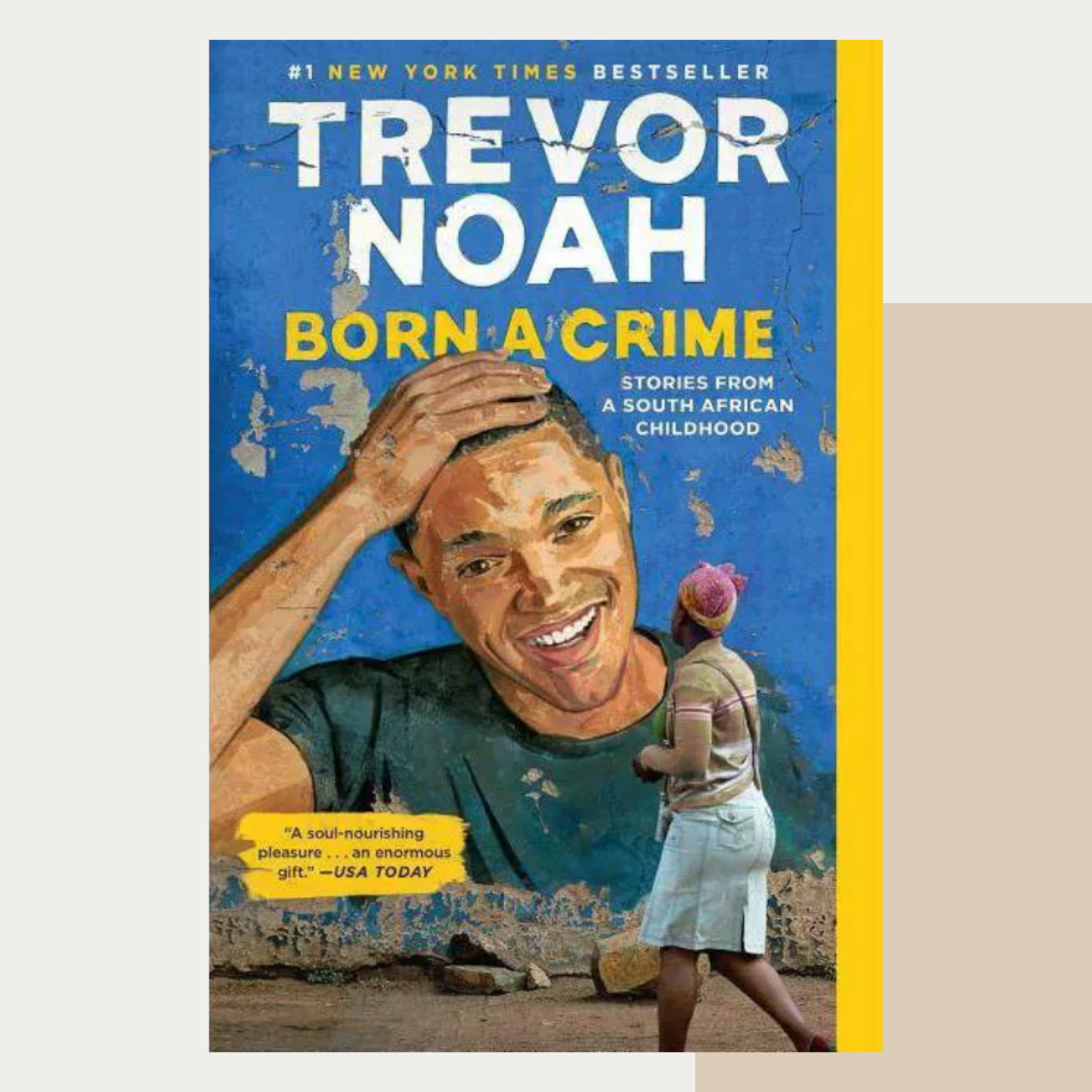Last summer, we saw a surge in the purchase of books on race. Since then, many of those writings have collected dust, but the Black experience is one that persists. Our movement is not a trend.
If you are to continue your work around social justice, investing your time, energy and care is a frequent, steady practice—baby steps are still progress. It will take all of our efforts to dismantle a persistent system. And that process begins with awareness.
Leveling social order must be integrated into the fabric of ourselves, our communities, and our feeds. Allyship and antiracist work are the bookends.
Read on for five books on race to keep at eye level on your bookshelf. They’re made up of beautiful tales, profound prose, bold integrity, and humble vulnerability. Upon first reading, you may find yourself experiencing a plethora of emotions. You will likely bookmark, underline and share the words that reach you. And, most notably, you will want to re-read each work of literature for these words are evergreen.
Citizen: An American Lyric by Claudia Rankine
Claudia Rankin calls this book-length poem about race an attempt to “pull the lyric back into its realities”. What I love about her style is that she approaches topics from multiple writing angles. Prose, poetry, non-literary examples (like a journal entry), and almost a lawyerly perspective all reveal the realities of race relations in the United States. Rather than tell a new story, Rankine keeps it real and historic. What sets her book apart is that it is digestible, legible, and accessible. Citizen is a powerful, provocative portrayal of the individual and collective effects of racism in our modern world all too often labeled a “post-race” society.
“Context is not meaning.” — Claudia Rankine
Homegoing by Yaa Gyasi
A Ghanaian-American author, Yaa Gyasi holds a BA in English from Stanford University and an MFA from the Iowa Writers’ Workshop, where she held a Dean’s Graduate Research Fellowship. She brings a layered perspective that unsurprisingly won her multiple awards for her iconic book, Homegoing, at the young age of 26 years old.
I’ll never forget standing in the Door of No Return on Goree Island in Senegal as a teenager. Through this doorway, millions were pulled from their homeland to build a civilization for oppressors in a faraway land. I could feel the cries of my ancestors.
Homegoing portrays the slave-trade and the impact it has had through the generations, from 18th century Africa to the modern-day United States. How could one possibly trace such an arduous, complex, painful journey? Gyasi rises to the challenge. She paints the open wound of slavery while beautifully depicting narrative episodes and clearly defining a protagonist who we come to care about immensely. One of my takeaways: love is not without struggle.
“You want to know what weakness is? Weakness is treating someone as though they belong to you. Strength is knowing that everyone belongs to themselves.” — Yaa Gyasi
The Fire Next Time by James Baldwin
James Baldwin is one of my favorite moguls of all time. He created an incredible collection of fiction, nonfiction, drama, and verse–speaking against discrimination of every kind while illustrating interracial dynamics. His writings are artful, cerebral, and honest.
The Fire Next Time dives into American race’s ceaseless presence. Though it depicts the danger in commitment, it equally advocates for the merging of races to understand and accept one another with love. This book will call you to question your place in society while challenging you to think deeply about the interplay of self-awareness and responsibility. You will find that the issues Black people face affect all of us. Originally written as a letter from Baldwin to his nephew, you may treat this book as a guide.
“The impossible is the least that one can demand.” — James Baldwin
Sister Outsider: Essays and Speeches by Audre Lorde
Black lesbian poet and feminist writer, Audre Lorde offers messages of hope in this resolute, lyrical collection of fifteen essays and speeches. She speaks to multiple discriminatory acts and advocates for change by way of social difference. Therefore, intersectionality is crucial. Her bite-sized one-liners pack a punch. Every time I read them I find myself energized, motivated, and supported.
“When we define ourselves, when I define myself, the place in which I am like you and the place in which I am not like you, I’m not excluding you from the joining, I’m broadening the joining.” — Audre Lorde
Born a Crime by Trevor Noah
I listened to Born a Crime last Spring and have passionately recommended it to everyone I come in contact with ever since. It is one of my favorite books of all time. Trevor Noah is an incredible storyteller and orator who has a keen ability to weave in comedic relief despite painful tales and difficult realities. His memoir had me reminiscing about my own childhood. I found myself, laughing, crying, and swooning all in a matter of minutes.
Raw, alarming, and lifelike, Trevor Noah’s account of life during apartheid shares deeply personal, unscripted reminiscences. He speaks often to his experience of being half-Black and half-white in a country where his birth was essentially a misdemeanor. Thus, language became his invisible cloak and oftentimes even his path to freedom. A biracial person myself, Noah’s need to be a chameleon resonates greatly with me. Moreover, his deep love for his mother—a zealous woman who sacrificed so much for her son—reached me deeply.
His mother, Noah writes, purposely gave him the name, Trevor, with “no meaning whatsoever in South Africa, no precedent in my family. It’s not even a biblical name,” he writes. “It’s just a name. My mother wanted her child beholden to no fate. She wanted me to be free to go anywhere, do anything, be anyone.”
What books on race have you read that impacted you greatly? Share them with us below along with your favorite quote!



